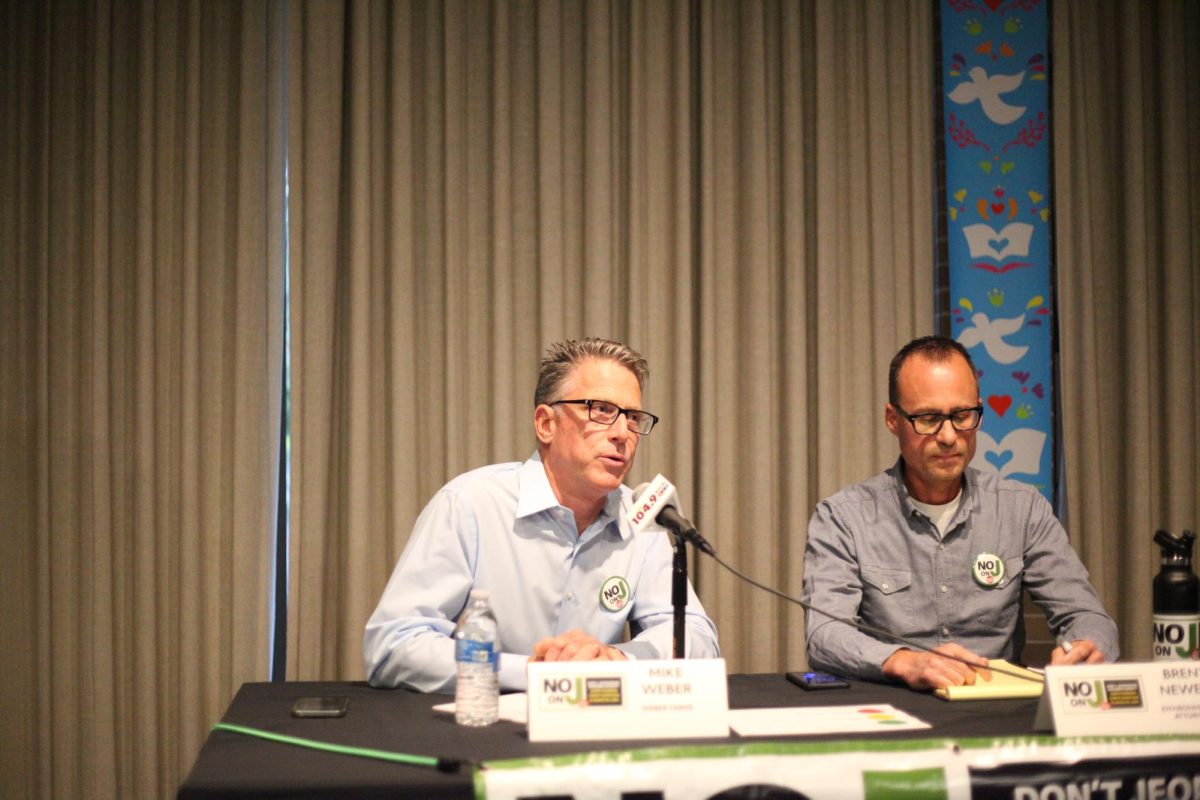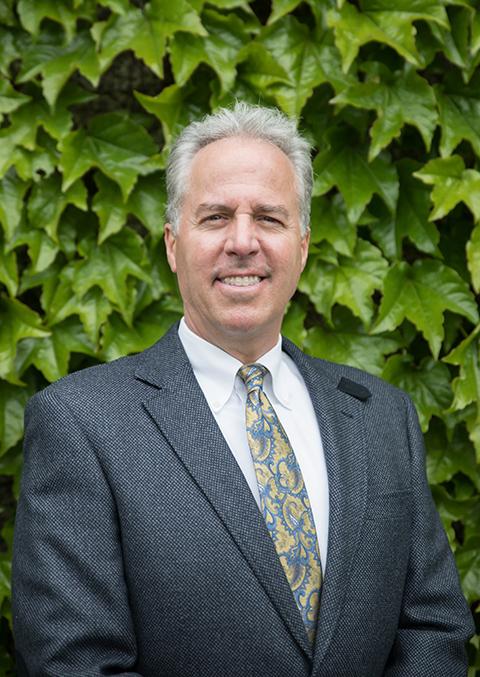Sonoma State University professor of Native American Studies Greg Sarris introduced author Elias Castillo on Monday in an event in the Student Center. Castillo, who wrote “A Cross of Thorns: The Enslavement of California Indians by Spanish Missions”, discusses how he believes Indians were the worst treated humans in North America.
An author and journalist, Castillo spent seven years researching life at the missions and what it entailed. He looked into historical documents, images and reports from Serra. From his research he found that the labor was intense and environment was overcrowded along with not having a healthy diet to work all hours of the day.
When the Spanish governor, Felipe de Neve told Serra he did not approve of the Indians harsh punishment, Serra argued saying that whipping is something they need to do to keep them under control.
“We organized this event because these are the stories we want to be heard, and students need to understand the importance of this issue,” said Professor of Chicano and Latino Studies Leny Strobel.
The point of Castillo’s talk was to spread awareness of how Native American Indians were not converted but worked as slaves. Most California schools teach children how Indians were invited to stay at missions as a privilege. Castillo believes this is important to understand because the majority of people believe that Indians willingly worked for the missions but in reality they were punished to motivate them to work harder. Some Native Americans were even poisoned by residents of the mission. It’s estimated that 62,000 Native Americans have died at California missions.
“Indians were butchered and then their pieces were fed to dogs so they would the scent to go hunt for others to kill,” said Elias Castillo.
Castillo touched a lot on the treatment of women during Monday’s discussion. Once over 10 years old, women were locked in a room with up to 400 other women. This was done to keep them free from sinning. They only had two buckets to use the restroom and were locked in all night. This then caused disease and spread to the other
Indians once released from the room. Another event that is directly related to his topic and was discussed at the event is the Pope visiting Washington D.C. It has struck much controversy with Native Americans and they have began protesting.
The Pope plans to elaborate on Junipero Serra, who was a founder of nine California missions. The reason Native Americans are opposed and protesting is because they don’t agree with the canonization of Junipero Serra. Indians believe that the other Indians that brutally died are not getting their proper recognition. During the event, there was a healing dance performance to give those who died the proper appreciation along with their names being projected on a screen.
“There were up to 20,000 Indians in my tribe during that time and half of them were killed,” said Sarris. He then asked for members of his tribe at the event to stand and receive recognition of their survival.

































